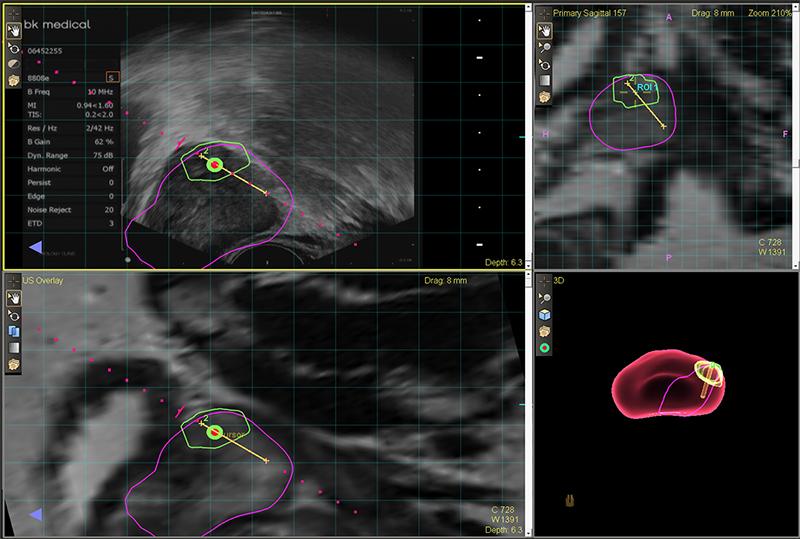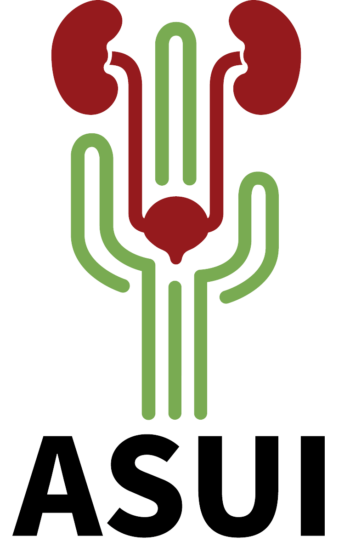
What are Fusion Biopsies Used For?
Transrectal MRI/Ultrasound Biopsies are used to diagnose and treat prostate cancer. Previously, physicians performed what was called a “blind biopsy”, which means that physicians were unable to look inside the prostate while they gathered tissue samples from various quadrants of the prostate. The purpose of gathering the samples was to detect the location of the cancerous growth, but the problem with this method is that tissue adjacent to the tumor could be sampled and analyzed. This would mean that the procedure failed to detect the cancer. Now, with fusion biopsies, physicians can target areas with suspicious growth in real time and can identify exactly where they need to biopsy.
What Does This Procedure Entail?
Transrectal MRI/Ultrasound Biopsies are used to diagnose and treat prostate cancer. Previously, physicians performed what was called a “blind biopsy”, which means that physicians were unable to look inside the prostate while they gathered tissue samples from various quadrants of the prostate. The purpose of gathering the samples was to detect the location of the cancerous growth, but the problem with this method is that tissue adjacent to the tumor could be sampled and analyzed. This would mean that the procedure failed to detect the cancer. Now, with fusion biopsies, physicians can target areas with suspicious growth in real time and can identify exactly where they need to biopsy.
Preparation for the Biopsy
You cannot take any blood thinners for several days prior to the scheduled biopsy. Examples of blood thinners include: Plavix, Eliquis, Aleeve, Pradaxa, Coumadin, Ecotrin, Ibuprofen, Naproxen, Brilinta, Advil, Celebrex, Warfarin, and others. If you take these or any other anticoagulant, you should discuss that with your doctor beforehand.
The night before the biopsy, take an antibiotic as prescribed by your urologist. If you never received this prescription, please contact your urologist. The morning of the biopsy, a Fleet enema should be taken, following the instructions on the packaging of the over-the-counter medication. A light breakfast and a light lunch before your biopsy is allowed, along with your usual medication (except for the above blood-thinners). Please notify your urologist if you have undergone a recent artificial joint replacement (<6 months ago), as you might need to take additional antibiotics about 1-2 hours prior to the biopsy.
Post-Biopsy
After the procedure, you may drive yourself home without restriction. Continue to use antibiotics as prescribed by your urologist for a total of 5 days. The biopsy results should be available in a few days. Your provider will be notified of the results, and they will share those results with you in a follow-up appointment.
Some possible side effects from the biopsy include:
- Hematuria (blood in the urine) is the most common after the procedure, but it is very slight and should return to normal after a couple of days
- Hematochezia (rectal bleeding) is also common, but is easily controlled and minor
- Hematospermia (blood in the ejaculate) may continue for several months is of minor clinical concern
- Simple UTIs
- low-grade fever
Schedule an appointment today with one of our experienced healthcare providers to see if you qualify for a fusion biopsy!
